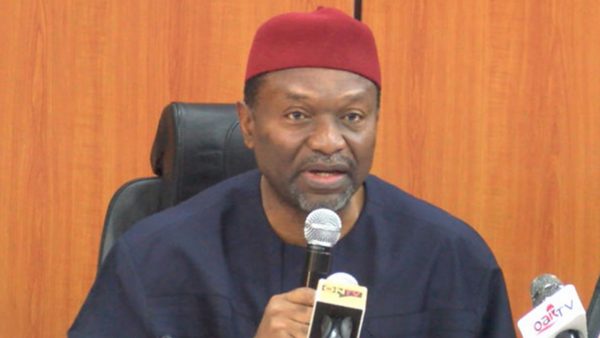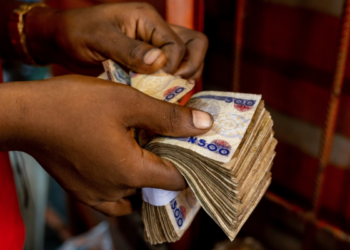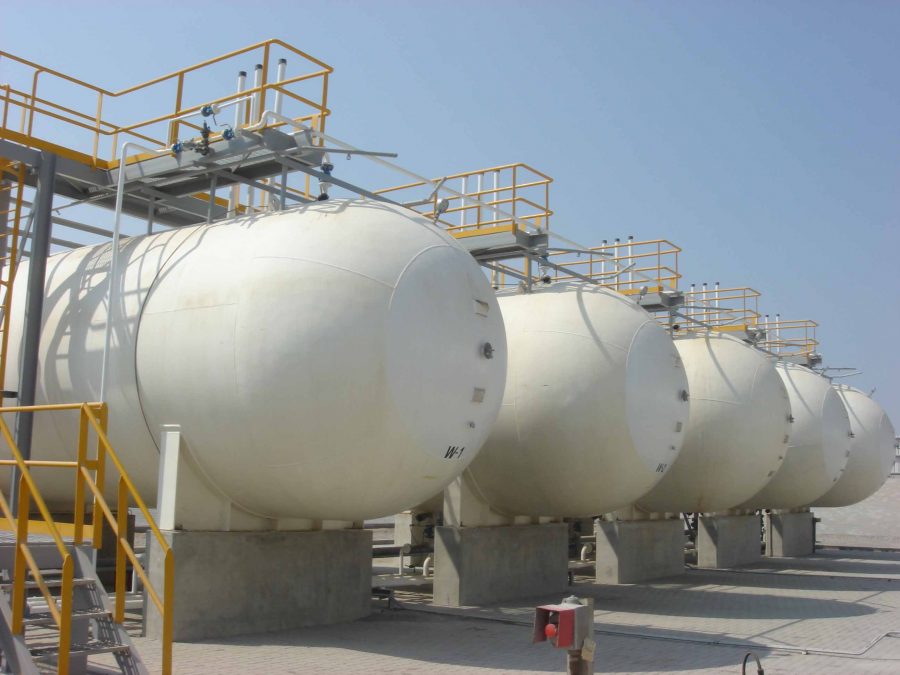In order to take care of the funding gap that was created as a result of the National Assembly’s tinkering with the 2019 Budget, the Federal government of Nigeria may increase its rate of borrowing this year.
This was disclosed by the Minister of Budget and National Planning, Senator Udo Udoma, during the presentation of the 2019 approved budget.
The Backstory: President Buhari presented the 2019 budget in December 2018 to the National Assembly. The initial proposal had the sum of N8.83 trillion, comprising of N4.04 trillion for recurrent expenditure, N2.03 trillion for capital expenditure, and N2.14 trillion for debt servicing, among others.
After going through it, the lawmakers eventually raised the budget by over N90.3 billion to N8.91 trillion. They passed the bill on April 30th, 2019.
Highlights of the adjusted budget: On April 30th, the National Assembly approved the adjusted which they shared as thus; capital expenditure of N2.09 trillion, recurrent expenditure of N4.07 trillion, statutory transfers of N502 billion, fiscal deficit of N1.92 trillion, and special intervention of N500 billion. The lawmakers also approved debt service of N2.14 trillion.
The Problem: The Minister of Budget stated that the increment in the budget by NASS raised budgetary deficits by N58.83 billion. The Government is facing a hard time on how to fund it.
He further disclosed that the Federal Government will have to borrow in other to finance the deficit because the country is experiencing revenue challenges.
“NASS increased the budget size by from N8.83tn to N8.92 trillion translating to an increase of N90.3 billion
“This resulted in an overall increase of N58.83 billion in deficit. Inexplicably, NASS reduced the proposed borrowing from N1.64 trillion to N1.60 trillion, thus creating an overall unfunded deficit of N102.83 billion.
“To fully fund the budget, the level of borrowing may, therefore, have to increase.”
The budget Minister had gone on to state that the revenue assumptions proposed by the executive were generally approved and adopted by the lawmakers except for the unexplained increases of about N31.5 billion on some non-oil revenue items.
He added that the allocation for some executive projects that were critical to the implementation of the Economic Recovery and Growth Plan was also reduced, noting that a large number of new projects, which were mainly in the form of constituency projects, were introduced into the 2019 fiscal document.
The president to seek a Solution: Udoma continued that in regards to the tinkering with the budget, the president after his inauguration will find lasting solutions to the disagreement. When asked how specifically the 2019 budget would be funded, the Minister stated that the sum of N7 trillion was being sourced.
He gave a breakdown of the amount thus: N3.69 trillion would be generated from oil sources, while N3.31 trillion is being expected from non-oil revenues.
He added that the deficit of N1.92 trillion would be financed mainly by borrowing N1.6 trillion, made up of N802.82 billion from domestic lenders and N802.82 billion from foreign lenders.
Udoma stressed that the country is facing significant challenges with respect to revenue generation. He, however, assured that the Government is taking every necessary step to tackle the challenge.
“Key reforms will be implemented with increased vigour to improve revenue collection and expenditure management.
“Mr President is committed and has directed that all measures necessary be taken to ensure that we grow rapidly while maintaining fiscal sustainability.
“To ensure that this happens, the President set up a Projects and Programmes Committee which has concluded its work.
“THE INITIATIVES DEVELOPED BY THIS COMMITTEE WILL BE ROLLED OUT AS THE PRESIDENT ENTERS HIS SECOND TERM.”





















